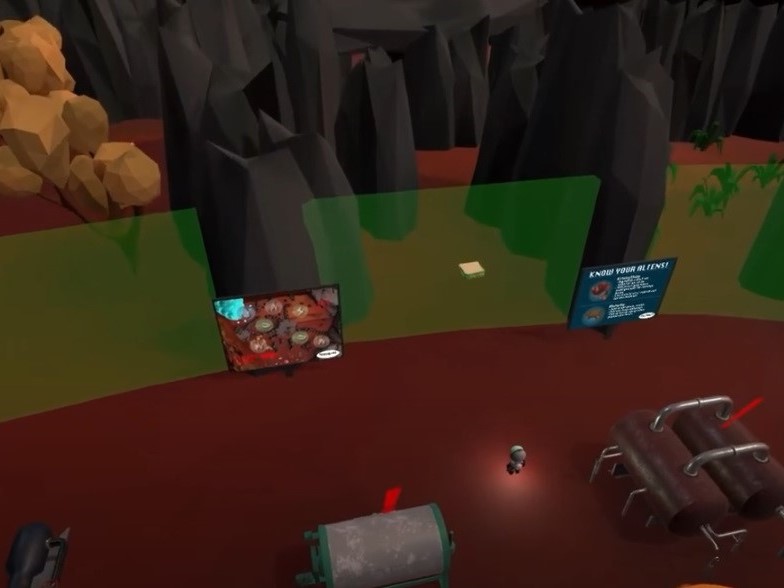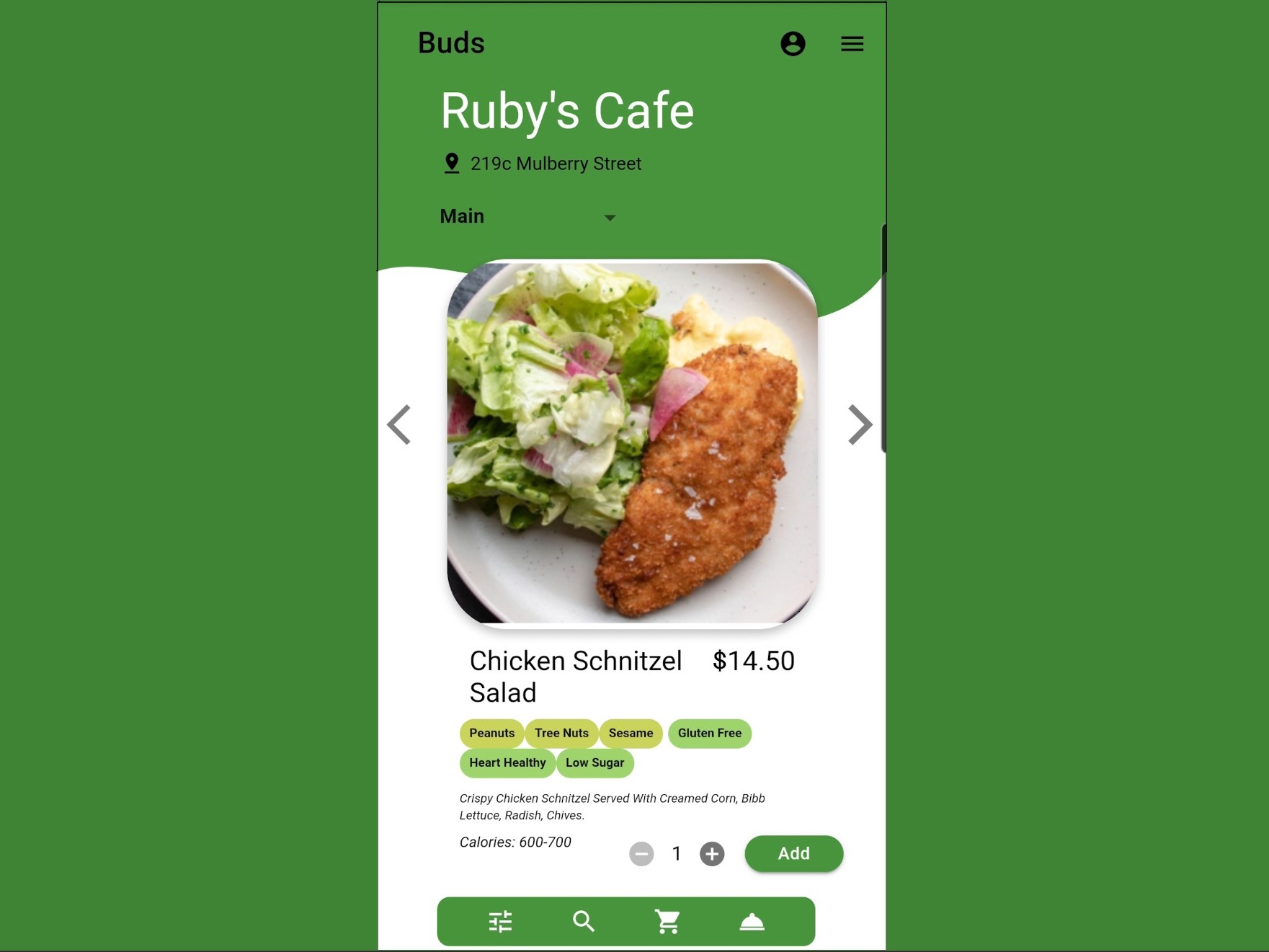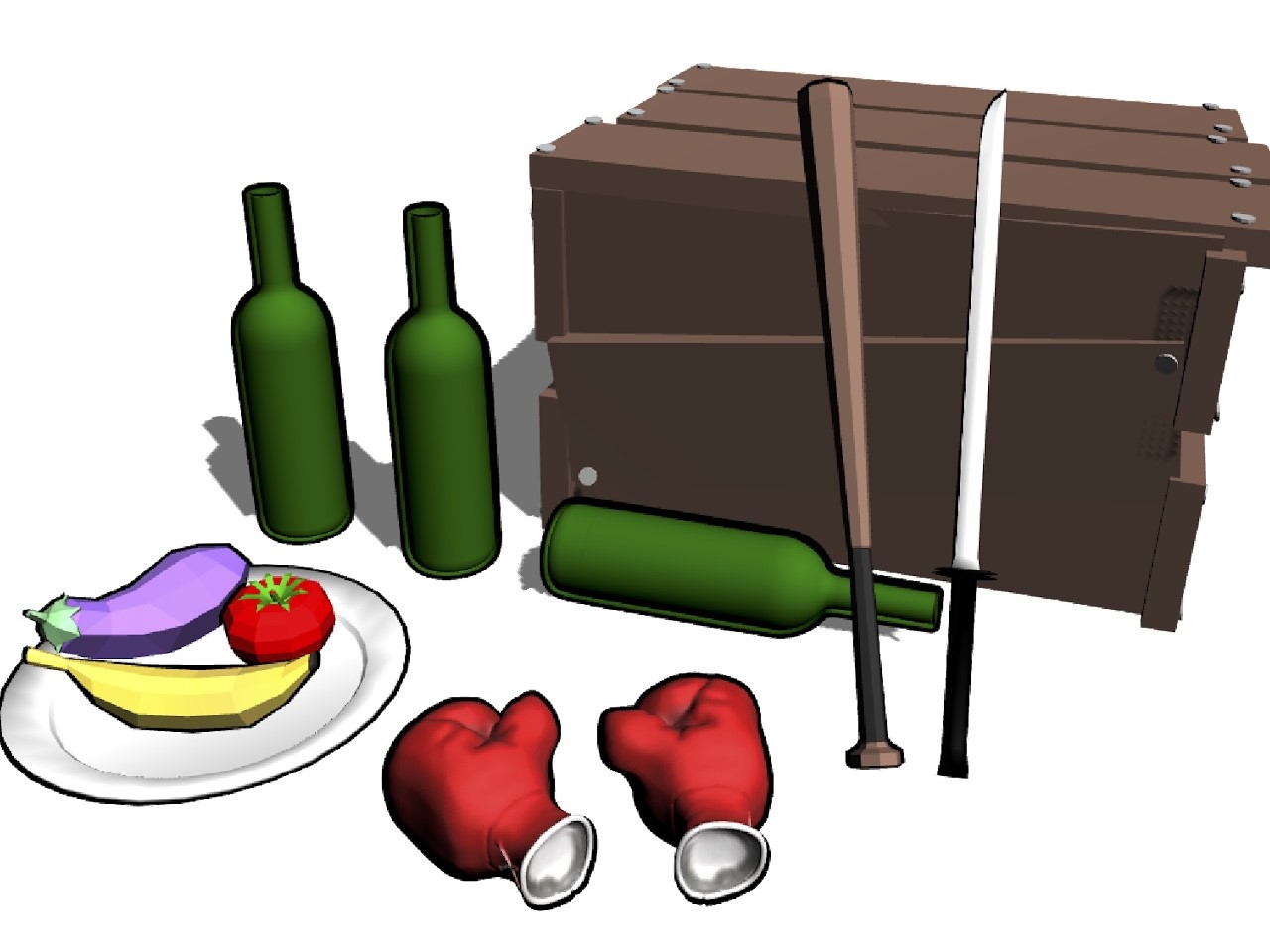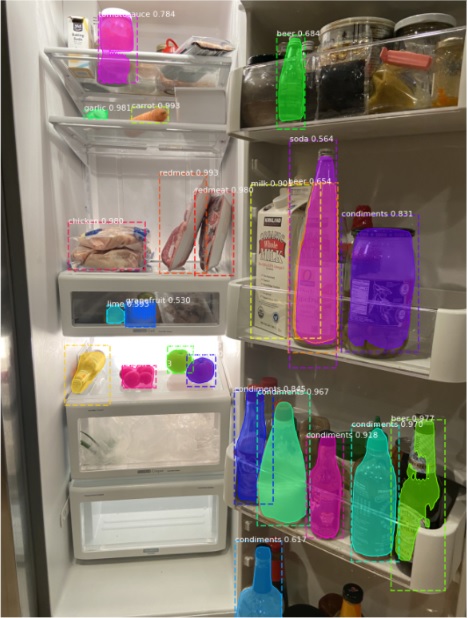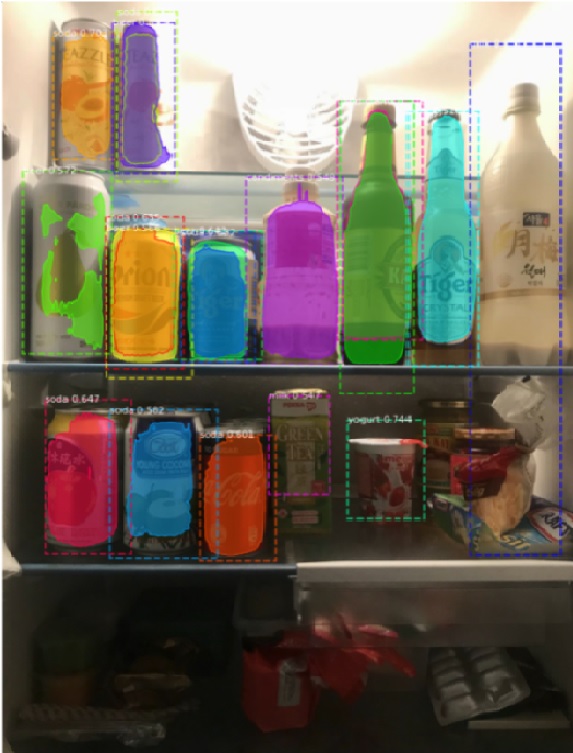Experience
Software Developer
SMBC Group: JRI America Inc., New York, NY
Dynamic and results-driven software developer with a proven track record of surpassing expectations and delivering exceptional performance. Throughout the years, showcased unparalleled commitment, adaptability, and leadership in complex technical initiatives
Demonstrated a keen understanding of cutting-edge technologies, DevOps practices, and Agile methodologies. Adept at steering projects, implementing technical solutions, and ensuring the successful execution of key initiatives.
Key Achievements:
- Spearheaded the identification and resolution of critical components in internal application, implementing agile fixes and scalable solutions
- Successfully assumed role as a lead developer for the team, implementing DevOps practices, ensuring continuous integration and delivery, and overseeing major releases.
- Proactively engaged in Agile development methodologies and participated in critical AD services, ensuring seamless collaboration and adherence to ITIL practices.
- Played a pivotal role in onboarding new developers, fostering collaboration through Agile methodologies, and leading weekly dev meetings to strategize and prioritize goals.
Education
Georgia Institute of Technology
M.S. Computer Science
Relevant Coursework: Machine Learning, Intro to Graduate Algorithms, Computer Vision, Software Development Process, Machine Learning for Trading
Cornell University
M.Eng. Computer Science
Relevant Coursework: Applied Machine Learning, Machine Learning Engineering, Data Science in the Wild, Virtual and Augmented Reality, BigCo Studio
New York University
B.S. Mathematics | B.S. Economics

